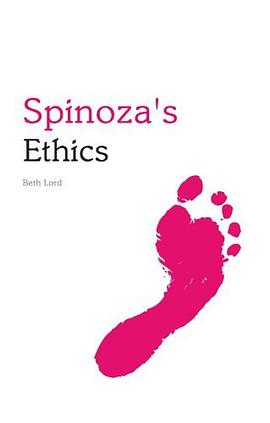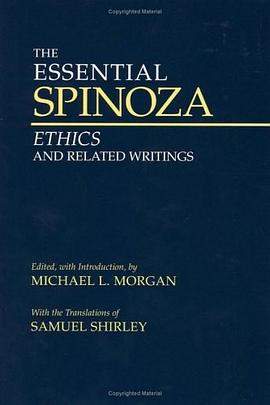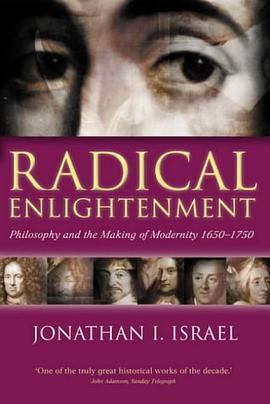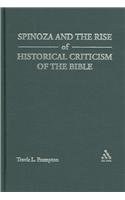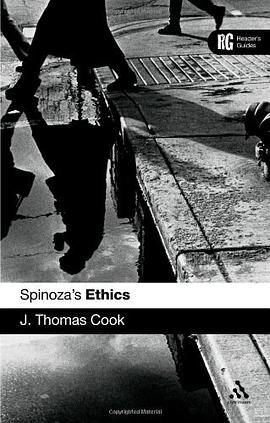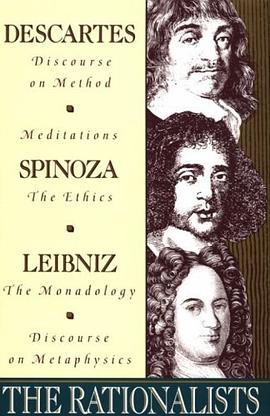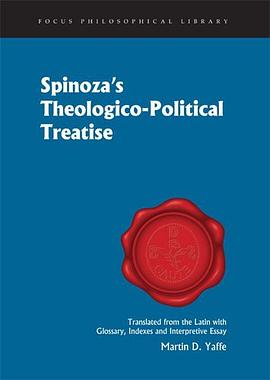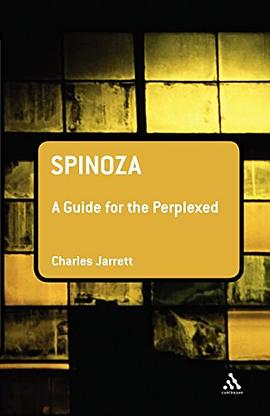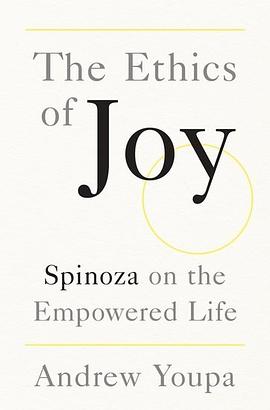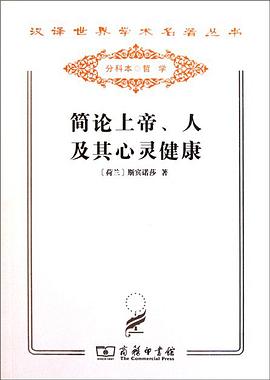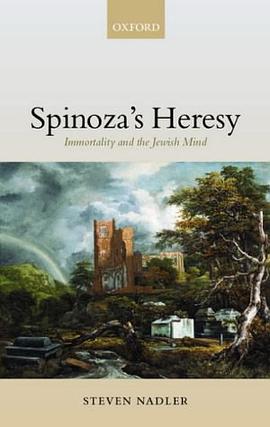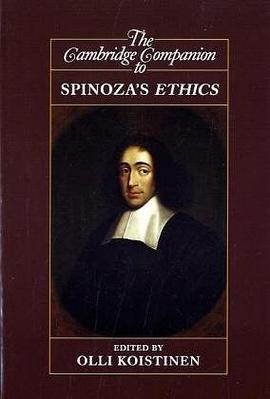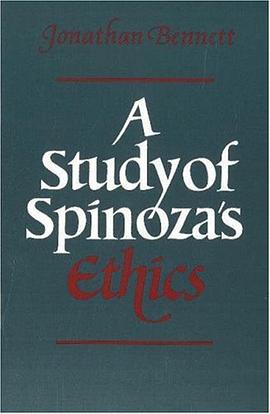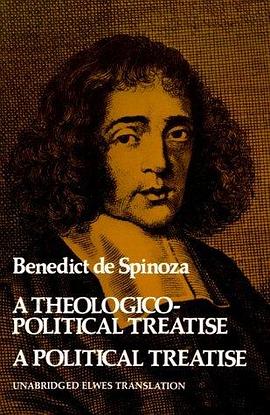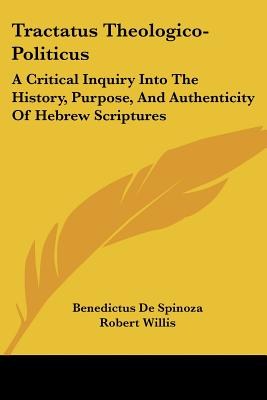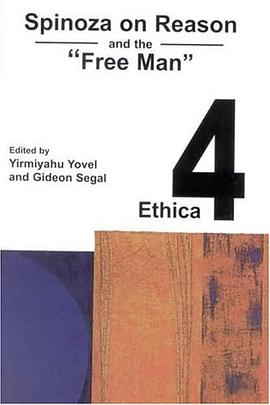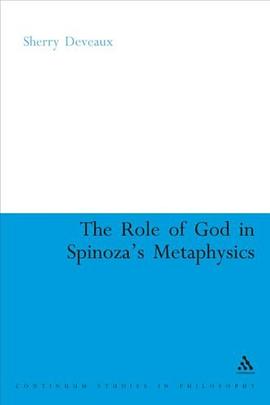

Baruch Spinoza began his studies in the Jewish community of seventeenth century Amsterdam by learning Hebrew and the Talmud, only to be excommunicated at the age of twenty-four for supposed heresy. Because of his radical transformation of the concept of God, he has been characterized, on the one hand, as an atheist, and on the other as the God-intoxicated man. This book is an exploration of what Spinoza understood God to be; how, for him, the infinite and eternal power of God is expressed; and how finite human beings can have a true idea of this greatest of all entities. Sherry Deveaux begins with an analytic discussion of these three questions and an explication of three different views held by contemporary commentators on Spinoza. She then shows that the commonly held views about Spinoza are inconsistent with his texts--especially his magnum opus, the Ethics. Next, she provides analyses of central topics in Spinoza's metaphysics--such as 'power', 'true idea', and 'essence'--that must be understood in order to correctly answer the three questions. Deveaux concludes by arguing (i) that Spinoza defines God's essence as 'absolutely infinite and eternal power' and (ii) that, far from identifying God's essence with the divine attributes (such as thought and extension) as commentators commonly suppose, Spinoza regards God's essence or power as something that is expressed through the divine attributes.
具体描述
读后感
评分
评分
评分
评分
用户评价
相关图书
本站所有内容均为互联网搜索引擎提供的公开搜索信息,本站不存储任何数据与内容,任何内容与数据均与本站无关,如有需要请联系相关搜索引擎包括但不限于百度,google,bing,sogou 等
© 2025 book.wenda123.org All Rights Reserved. 图书目录大全 版权所有

